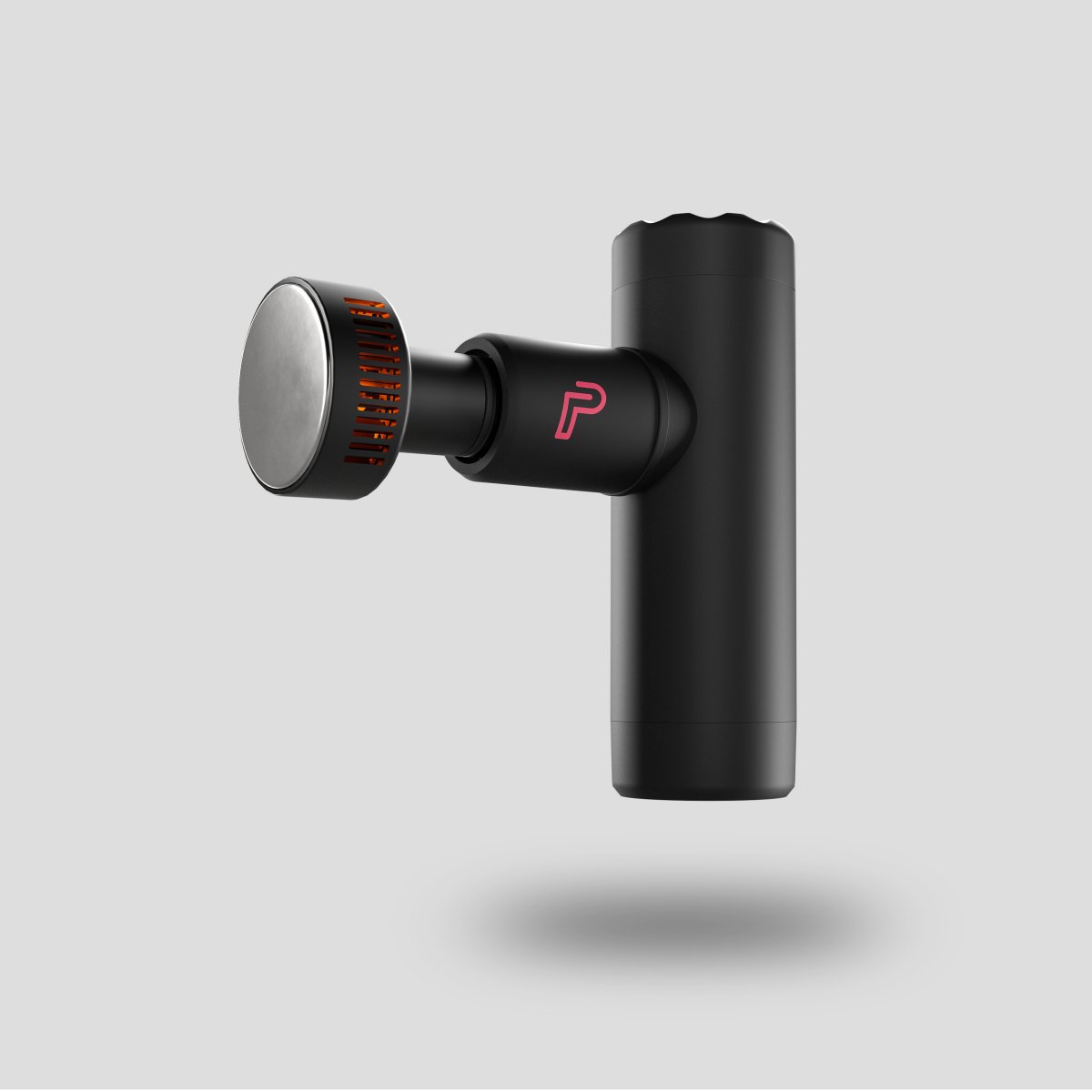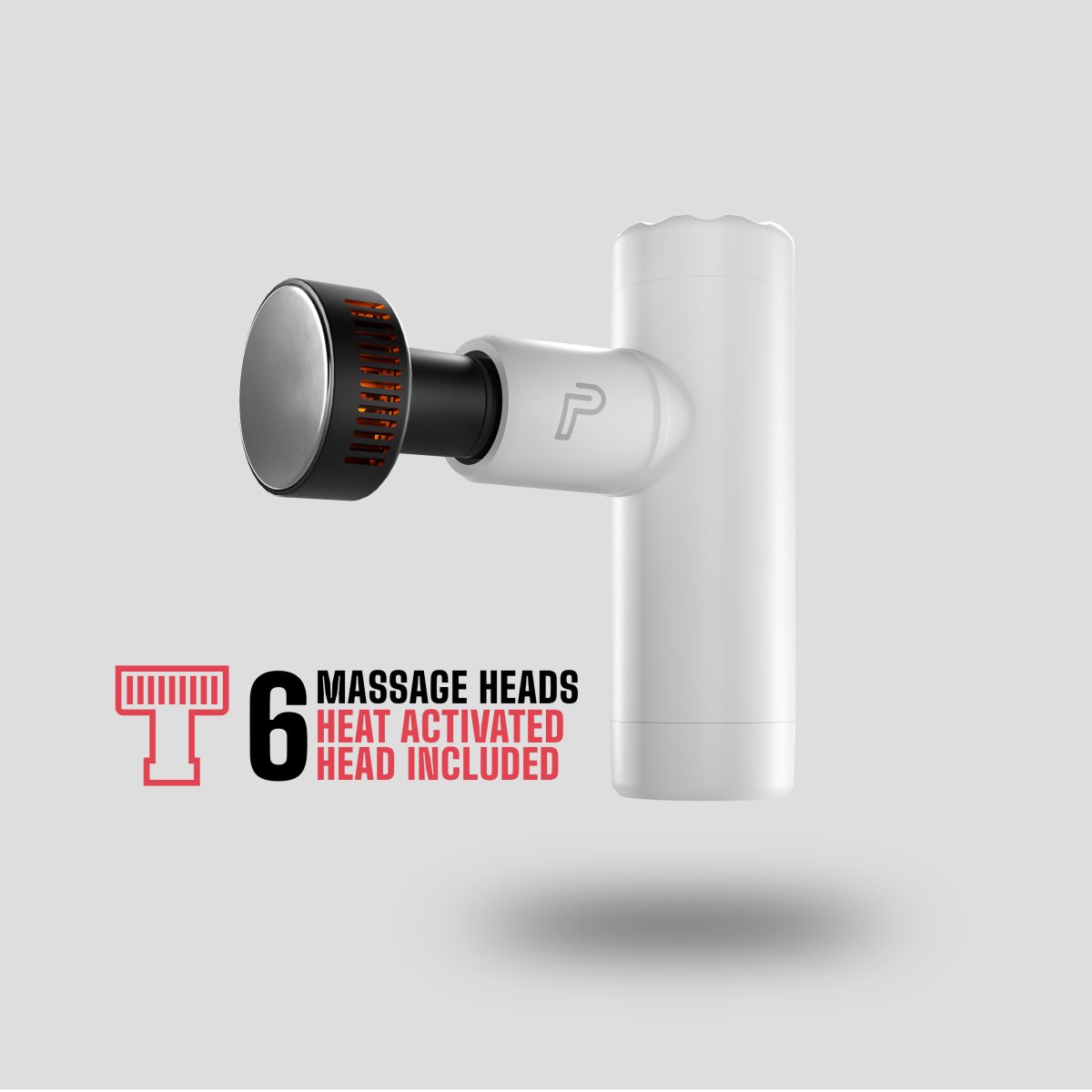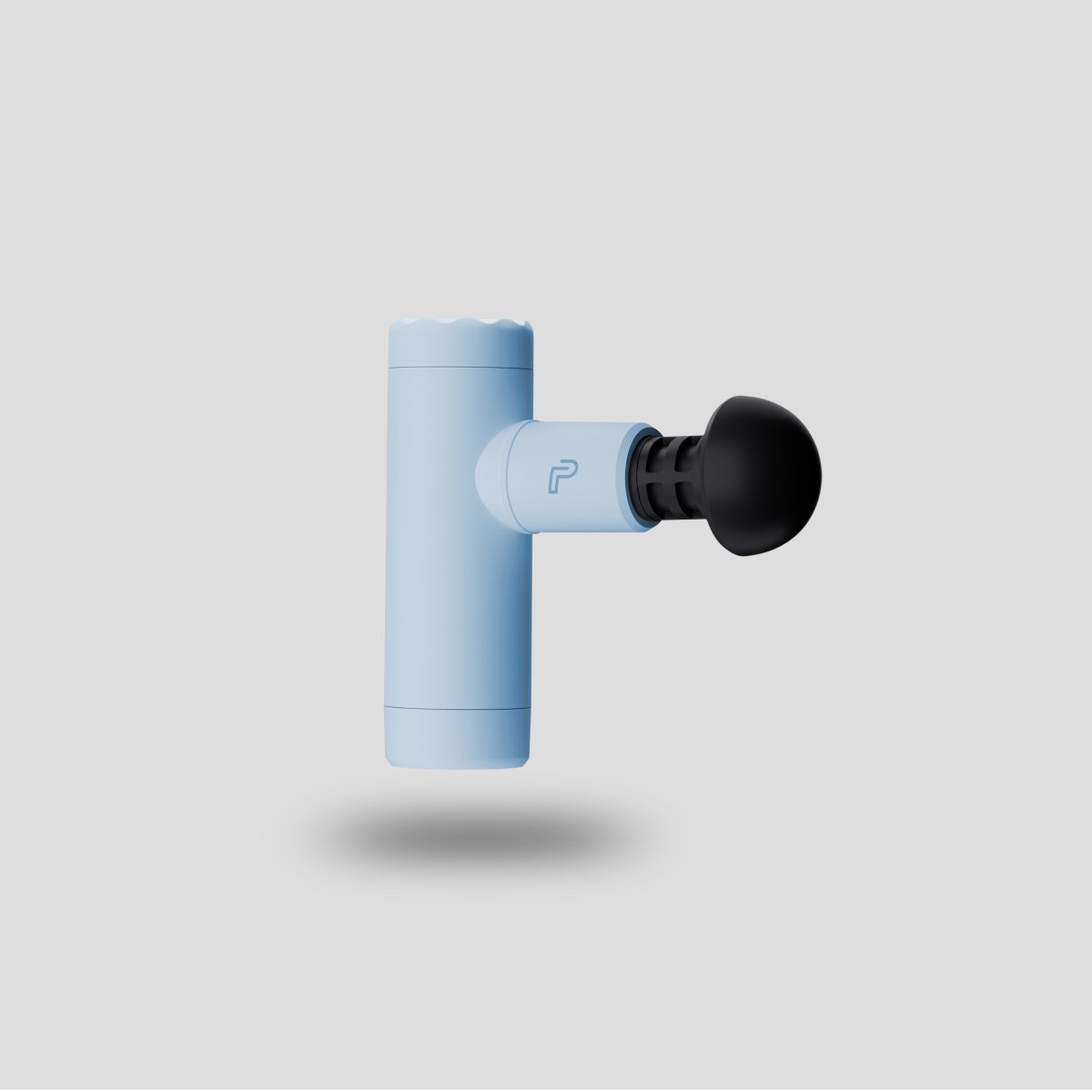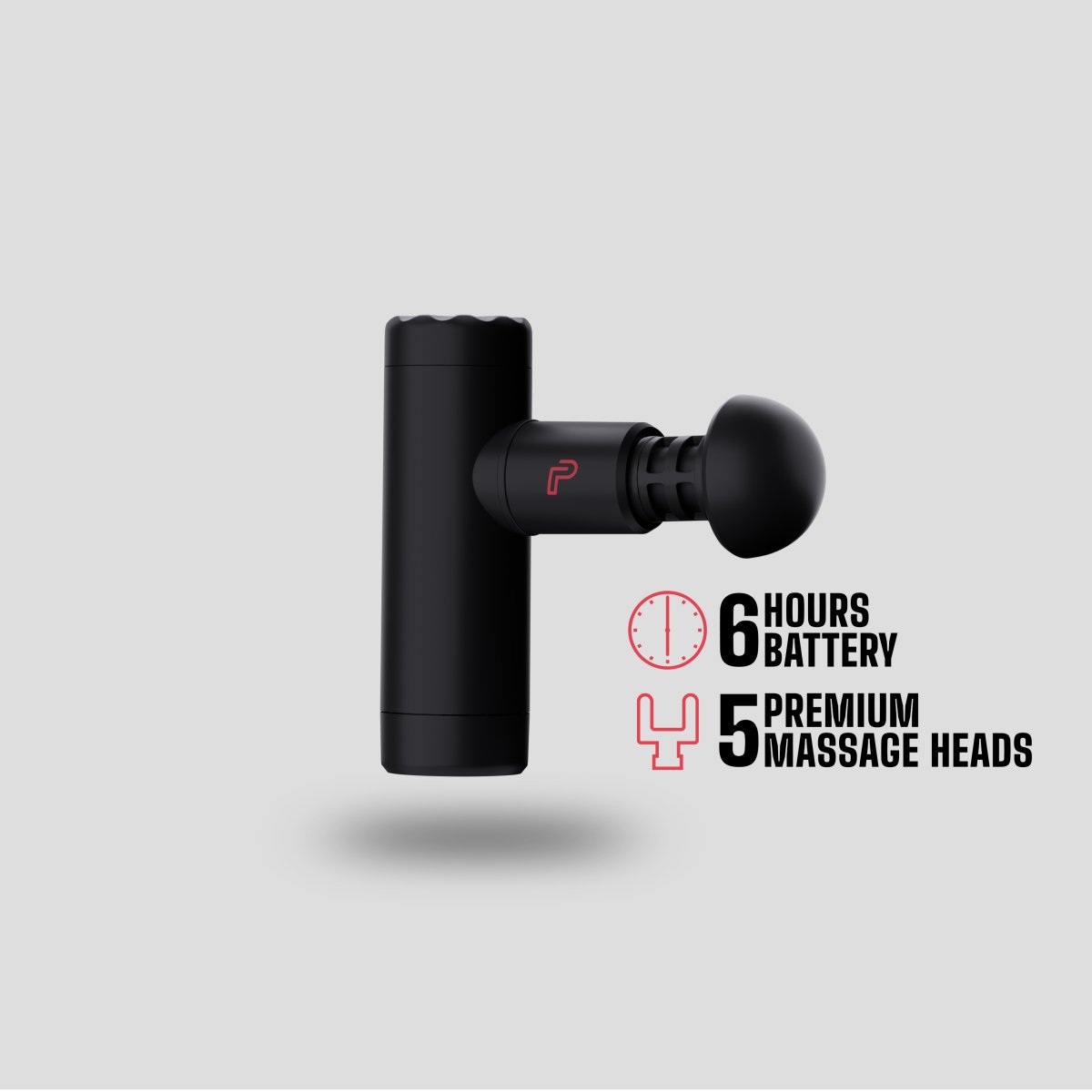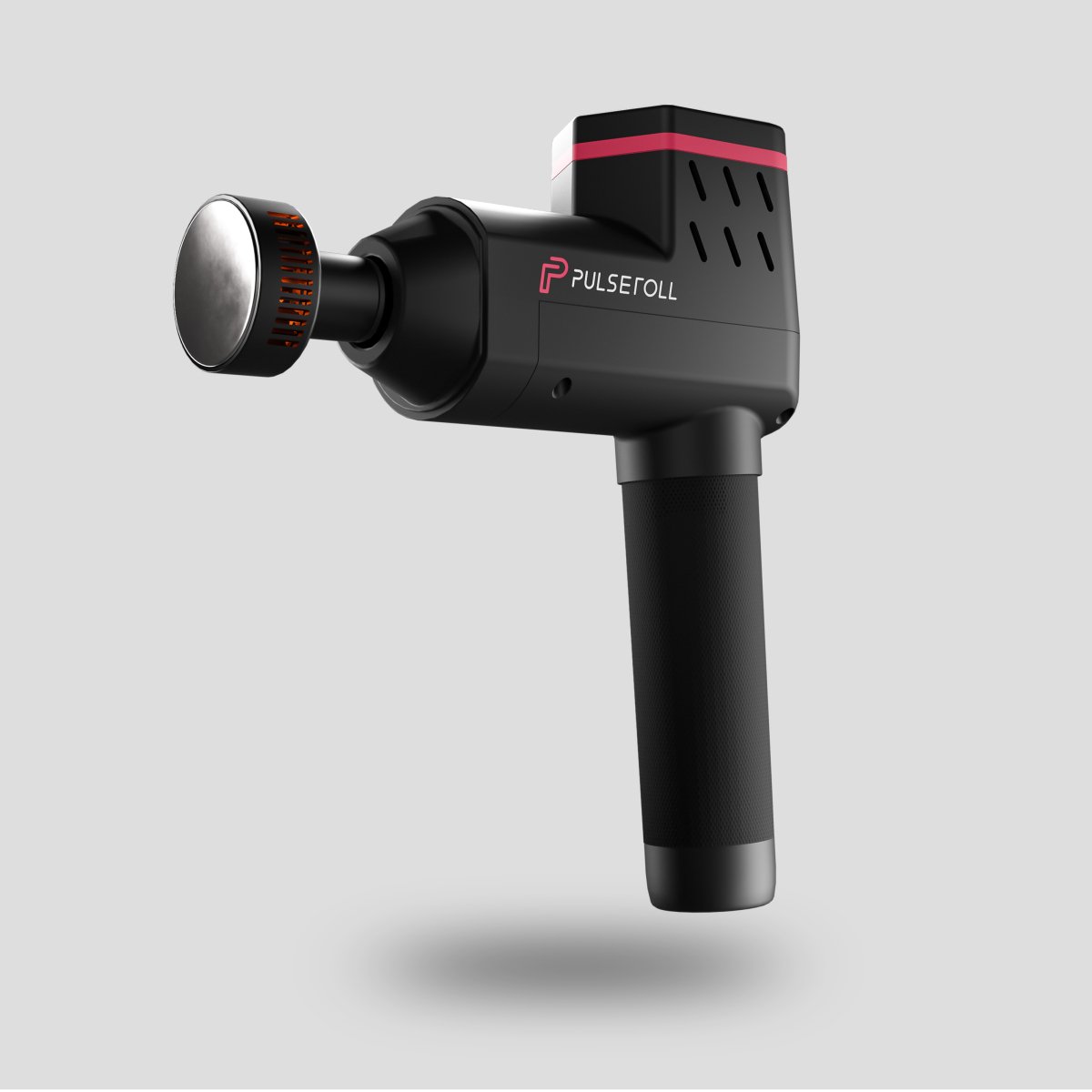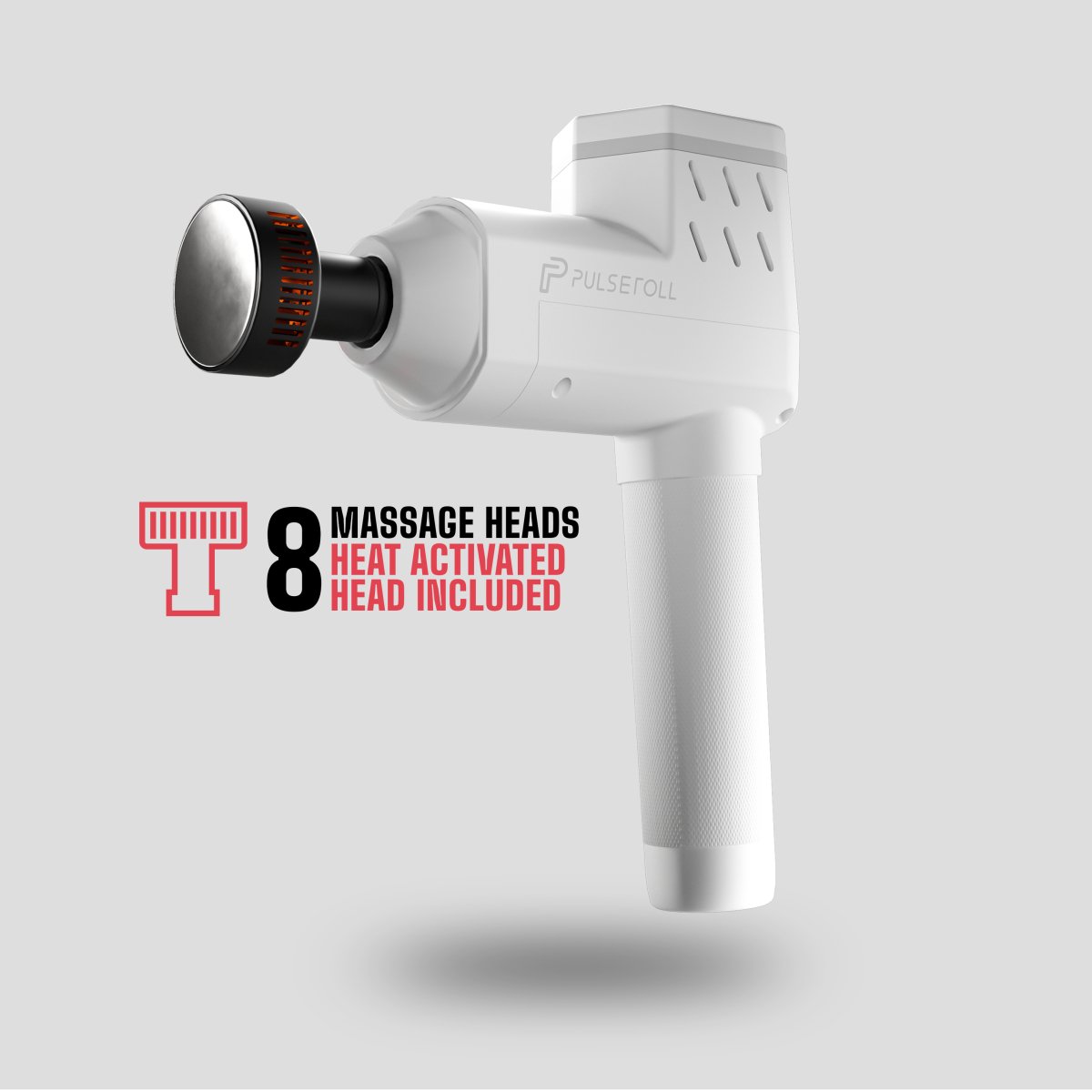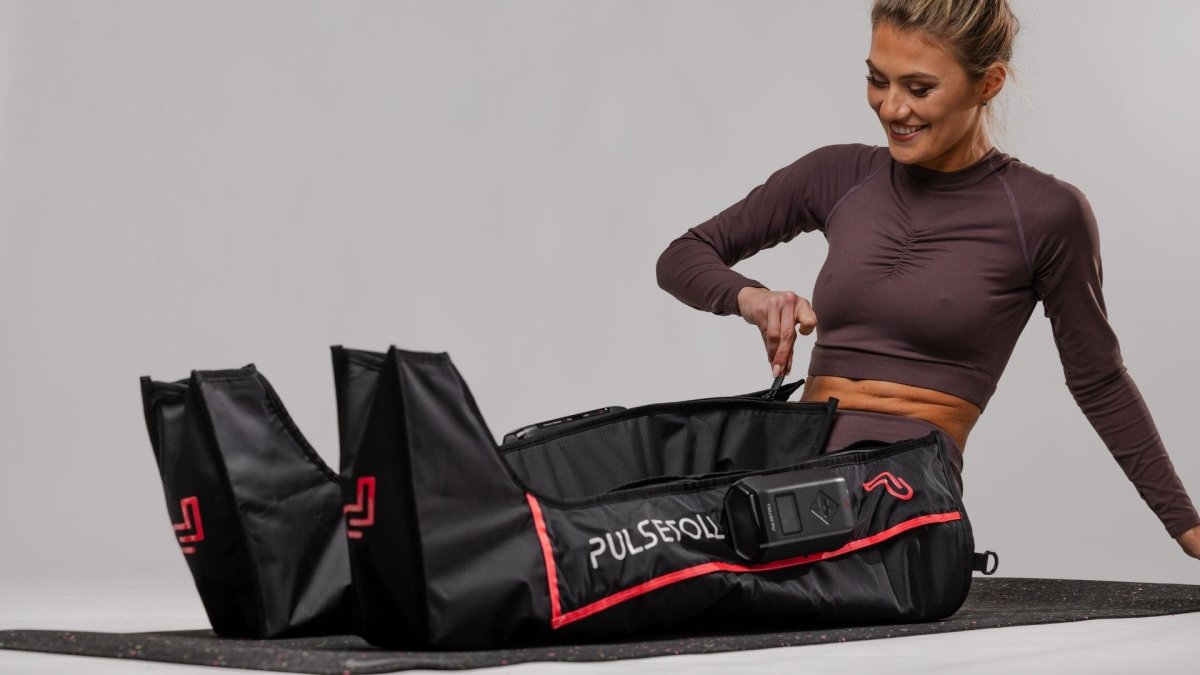Running is one of the most popular forms of exercise across the world, including in the United Kingdom, where estimates suggest that around 6 million people run at least once a week. There are many reasons for which running is the exercise activity chosen by these people – from the fact that it doesn’t cost anything to participate, to being able to run outside, inside, on your own or in a group. It’s also a great way to lose or maintain weight, build muscle and improve your overall health without the need for extreme diets or difficult or expensive exercise plans.
You’ve probably heard of the ‘Couch to 5k’ app – a mobile app designed for beginner runners and which contains training plans that gradually progress towards a 5 kilometre run over the course of nine weeks. The last few years have seen a 92% increase in the number of downloads of the Couch to 5k app, showing just how many people are incorporating running into their weekly physical activity. The app is regularly promoted by the NHS as a great tool for getting people running and improving their physical- and mental health.
Jump to:
- Why running is important
- Tips for beginners to start running
- The importance of warming up and post-run recovery

Why running is important
Running may not seem particularly fancy or exciting to anyone watching, but it is one of the best forms of exercise for both physical and mental health. Here are just a few of the reasons why running is important.
Running for cardiovascular health
The benefits of running for cardiovascular health are widely reported, particularly by charities and organisations that focus on cardiovascular disease, such as the British Heart Foundation. Cardiovascular disease is a general term used to describe conditions affecting the heart and blood vessels, and includes:
- Coronary heart disease
- Angina
- Heart attack
- Hypertension (high blood pressure)
- Stroke
- Vascular dementia
Running for at least 10 minutes every day has been shown to significantly lower your risk of cardiovascular disease. Research published by the BHF and conducted by the British Journal of Sports Medicine found that participants who ran regularly could have their risk of early death from any cause cut by a quarter, while their risk of early death from heart and circulatory conditions dropped by 30%.
Sleep better
Getting a good night’s sleep is essential for your overall health. The main reason for this is because your body repairs itself while you sleep. Failing to get enough sleep can lower your immune system, delay recovery from illness or injury and cause cognitive problems such as difficulty concentrating and poor memory. It can even lower your mood, making you more prone to anxiety and depression.
Reduce your stress levels
Aerobic exercise is just as good for your head as it is for your heart and overall health. Exercise reduces the amount of the stress hormone, cortisol, in the body, while also prompting the release of endorphins – chemicals that are natural painkillers and mood elevators. It’s the endorphins that create the ‘post-exercise’ high that many people experience after physical activity, including running.
Tips for beginners to start running
Here are our top ten tips for beginners to start running.
1. Invest in the right equipment
Granted, you don’t need any actual equipment to start running, but you do need a good pair of running shoes. While there’s nothing to stop you starting out in your usual trainers, if you’re going to be running regularly, it’s essential that you invest in running shoes suited to your foot shape and running style. Getting the right pair can prevent unnecessary pain and even injury. Comfortable, breathable and supportive running gear can be hugely beneficial, and females should also get a good quality sports bra to make their running sessions more comfortable.
2. Create a training plan
Whether you want to download Couch to 5K or run your own way, having a training plan in place will keep you on track, both with your goals and with the prevention of any injuries. In the early stages it can be tempting to push yourself as hard as you can, but it’s important to build up slowly to avoid injury or the need for prolonged recovery periods between runs. You can always adjust your training plan as you progress.

3. Choose a routine that you can stick to
When you create your training plan, make sure that you choose a routine that you can stick to. This will help you to stay consistent with your running, which is important for making it part of your day-to-day life. Before you know it, your runs will be a habit that you can’t imagine life without.
4. Start with a combination of running and walking
The Couch to 5k app starts with something called interval running. Interval running is particularly good for running beginners who are trying to build their stamina and who cannot run for more than a short distance without experiencing pain or severe breathlessness. During interval running, brisk walking is interspersed with short bursts of jogging/running, starting at 30 seconds. For example, 60 seconds of walking followed by 30 seconds of running, followed by 60 seconds of walking, and then repeat for the duration of your run.
5. Track your runs
Nothing is more motivational than seeing your progress, so we strongly recommend that you track all of your runs. There are many different apps that enable you to do this including Strava and MapMyRun. Many of these apps enable you to link up with others and see their runs as well, meaning that later into your running journey, you can get competitive if you choose to.
6. Practice your breathing
Breathlessness is a common problem among running beginners and learning the correct technique to breathe could totally transform your performance. Focus on your breathing when you run, training yourself to breathe from your belly rather than your chest. Inhale through your nose and breathe out of your mouth. Remember your posture too, as the straighter your spine, the more oxygen you can take into your lungs.
7. Listen to music
Running is as much a mental activity as a physical one. If you’re finding running particularly hard, it can be tempting to give up. However, listening to music can distract you from the physical exertion and help to keep you focused. Upbeat music can be particularly motivational. However, be careful not to turn your music up too loud and ensure that you’re alert and aware of what’s around you.
8. Stay hydrated
You should make sure that you drink plenty of water before, during and after your run. Water regulates your body temperature, helps bring energy to your cells, removes waste and cushions your joints – all things that are essential for running. Drinking enough water can improve the rate at which you recover, minimise your risk of injury and even maximise your performance.
9. Warm up and cool down before every run
When time is tight, it can be tempting to overlook the need to warm up and cool down before and after each run. However, failing to do so could increase your risk of injury, compromise your performance and slow down your overall recovery, meaning it could take longer before you’re ready for your next run. More on this shortly.

10. Consider joining a running club
There are countless running clubs all over the UK, many of which are ideal for or dedicated to beginner runners. They can provide you with a supportive network of friends who will champion you through your running journey, as well as giving you others of all ages and backgrounds to run with. You’ll also have the option of having people to regularly run with, which could help to keep you motivated and striving for your personal best!
The importance of warming up and post-run recovery
No matter what distance you’re running, all of your runs should begin with a warmup and end with a cool down, and it’s crucial that you make time for these in your running training plan. These simple exercises take just a few minutes but could make a big difference to your running.
Why do I need to warm up before running?
Warming up properly dilates your blood vessels, enabling oxygenated blood to flow to your muscles, raising their temperature and improving the efficiency with which they’ll work, as well as your overall flexibility and range of motion. Warming up your muscles will also reduce the likelihood of experiencing damage, such as overextension or tearing. Raising your heart rate slowly is also much safer than a rapid acceleration as it puts less stress on your cardiovascular system.
Why do I need to cool down after running?
Cooling down properly is just as important as warming up. When you perform cooling down exercises, it enables your heart rate and blood pressure to drop slowly and safely down to normal levels. It also helps your body to eliminate any lactic acid that may have built up in your muscles, and bring your body back into a natural, balanced state.
Running recovery aids
While cooling down forms an essential part of the recovery process after a run, there are also techniques that can be extremely beneficial to post-run recovery. One of these is the use of recovery aids like those offered by Pulseroll. Two of our most popular recovery aids for runners include our Vibrating Foam Roller and our Pro Massage Gun.
Our Vibrating Foam Roller uses performance-enhancing vibrations to improve general muscle health and recovery time following moderate- to intense physical activity. The handheld roller makes it easy to perform self-massage, while the vibrations boost the flow of oxygenated and nutrient-rich blood, sending it to the muscles so that they can heal and recover faster. Regular use of a foam roller over time can reduce the risk of injury and improve long-term muscle health and performance. Here’s how to use the Pulseroll Foam Roller for recovery after a run.
Meanwhile, our Pro Massage Gun, which is trusted by some of the world’s greatest athletes, uses percussion therapy to support your muscle therapy. Our massage gun is a handheld tool that delivers strong pulses to the muscles it is placed on, replicating the benefits of conventional massage at a place and time of your choosing. Moving it around the muscles will reduce muscle tension and improve blood flow, helping you to recover more quickly. Here’s our guide on how to use your Pulseroll Pro Massage Gun.
Reference list
https://oursportinglife.co.uk/running-statistics-uk/
https://www.health.harvard.edu/staying-healthy/exercising-to-relax
https://brighamhealthhub.org/hydration-for-runners/
https://www.ncbi.nlm.nih.gov/pmc/articles/PMC5999142/
Ready to get running and need more support with your recovery? Check out the Pulseroll website for more information.






